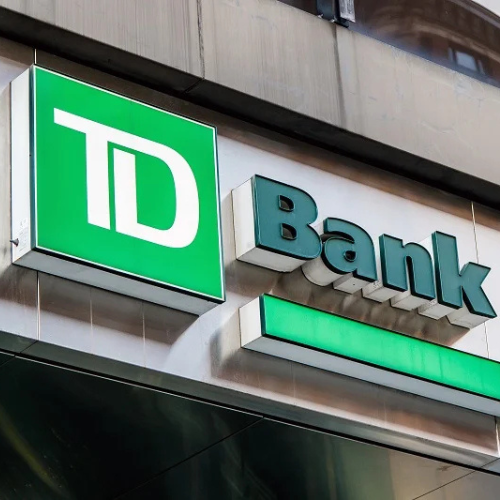In a shocking turn of events, TD Bank, a major Canadian bank, is expected to pay a staggering $3 billion in penalties. This hefty fine comes as part of a settlement with U.S. regulators and prosecutors. The penalties are tied to serious accusations that TD Bank did not do enough to monitor money laundering activities, particularly those linked to drug cartels. This situation raises important questions about how banks operate and how they are held accountable for their actions.
What Happened to TD Bank?
According to reports from one of the media houses, TD Bank’s U.S. branch is set to plead guilty to charges related to its failure to prevent money laundering. In this case, drug cartels, which are organized groups involved in drug trafficking, were able to move money through TD Bank without being detected.
The settlement is expected to be announced soon, and TD Bank has not yet commented on the situation. The news is concerning for TD Bank and its customers, as a penalty of this size could have a significant impact on its operations in the U.S. and beyond.
Why Is the TD Bank Settlement Important?
This case is important for several reasons. First, it highlights the responsibilities that banks, like TD Bank, have when it comes to monitoring financial transactions. Banks are supposed to keep a close eye on where money is coming from and where it is going to prevent illegal activities. When they fail to do so, as TD Bank is accused of doing, it raises serious questions about their commitment to following the law.
Second, the penalties faced by TD Bank serve as a warning to other financial institutions. If one of the largest banks in Canada can face such severe consequences for its actions, it sends a strong message to other banks that they need to take their responsibilities seriously. Compliance with regulations is not just about avoiding fines; it is about ensuring that the financial system remains safe and secure for everyone.
What Are the Details of the Settlement?
The reported settlement involves multiple U.S. regulatory bodies, including the Department of Justice (DOJ) and the Financial Crimes Enforcement Network (FinCEN). These organizations are responsible for overseeing financial activities and ensuring that banks like TD Bank comply with the law. The settlement will include several important components:
Starling Bank Faces £29 Million Fine: A Critical Look at Digital Banking Compliance
Asset Limit: One of the significant penalties TD Bank will face is an asset limit imposed by the Office of the Comptroller of the Currency (OCC). This limit will prevent TD Bank from growing beyond a certain size in the United States. Essentially, the bank will be restricted in how much it can expand its operations, which could affect its ability to serve customers and compete with other banks.
Independent Monitors: The DOJ and FinCEN plan to appoint independent monitors to keep a close eye on TD Bank’s operations. This means that there will be external experts watching the bank to ensure it complies with the terms of the settlement. The FinCEN monitor is expected to be in place for four years, which means TD Bank will be under scrutiny for an extended period.
Financial Penalties: The total penalty of $3 billion will be divided among various agencies. Reports indicate that the DOJ will receive around $1.8 billion, while FinCEN will get about $1.3 billion. This division of penalties highlights the seriousness of the situation and the amount of money involved.
These measures illustrate the significant consequences that TD Bank will face due to its alleged failures. By implementing asset limits and monitoring the bank closely, regulators aim to ensure that such issues do not happen again in the future.
The Broader Impact
The case against TD Bank also highlights the importance of accountability in the banking industry. When large financial institutions fail to follow regulations, it can have ripple effects throughout the economy. Other banks may feel pressured to cut corners to compete, which can lead to a culture of non-compliance. This can ultimately put consumers at risk, as it undermines the integrity of the entire financial system.
The settlement also emphasizes the need for ongoing vigilance in the banking sector. Regulators must continuously adapt and improve their oversight methods to keep up with evolving criminal tactics. As technology advances, criminals find new ways to exploit financial systems. It is essential for banks and regulators to work together to stay one step ahead.


